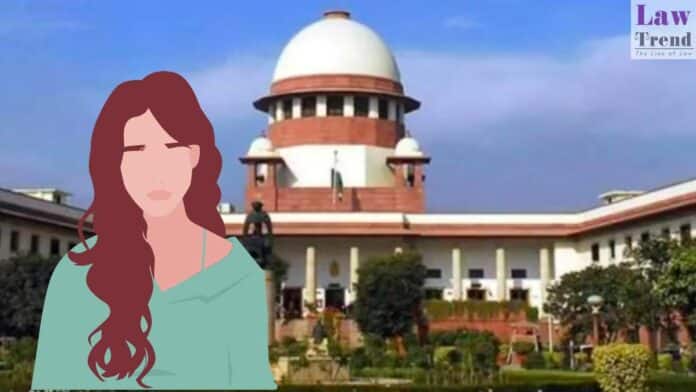In a significant observation regarding property rights and family harmony, the Supreme Court on Wednesday appealed to Hindu women—specifically those without children or husbands—to execute wills to safeguard their self-acquired properties. The apex court emphasized that testamentary disposition is the most effective tool to prevent bitter litigation between a woman’s parents and her in-laws.
A bench comprising Justices B.V. Nagarathna and R. Mahadevan issued this advisory while disposing of a Public Interest Litigation (PIL) that challenged the constitutional validity of Section 15(1)(b) of the Hindu Succession Act, 1956.
The Core Dispute: Section 15 and Self-Acquired Property
The PIL, filed by advocate Snidha Mehra, argued that Section 15(1)(b) is arbitrary and discriminatory, violating Articles 14, 15, and 21 of the Constitution. Under this provision, if a female Hindu dies intestate (without a will), her property devolves to her husband’s heirs first, prioritizing them over her own parents.
The petitioner contended that in the absence of a husband or children, it is unfair for a woman’s self-acquired assets to pass exclusively to her husband’s family, leaving her own parents without a claim.
Acknowledging the societal shift since the enactment of the law, the Bench noted that in 1956, Parliament might not have envisioned women acquiring substantial assets through their own efforts.
“Education, employment and entrepreneurship of women in this country including Hindu women has led to their acquiring self-acquired property,” the Court observed. The Bench admitted that if such property passes solely to the husband’s heirs while the woman’s parents are alive, it “possibly may cause heartburn so far as the maternal family is concerned.”
Judicial Advice: “Make a Testament”
Rather than striking down the provision, the Supreme Court focused on a pragmatic solution: the power of the Will.
“We appeal to all women and particularly all Hindu women irrespective of their age who are likely to be in position of Section 15(1) of the Hindu Succession Act, 1956 to take immediate steps to make a testament or will bequeathing their properties including their self-acquired properties,” the Bench stated.
The Court clarified that this could be done in accordance with Section 30 of the Hindu Succession Act read with the Indian Succession Act. The Judges emphasized that this step is crucial to “safeguard the interest” of female Hindus and to curb potential litigation.
Mandatory Mediation Directed
In a move to reduce the burden on courts and preserve family relationships, the Supreme Court issued a strict procedural directive regarding disputes arising from such successions.
The Bench directed that if a Hindu woman dies intestate and her parents (or their heirs) make a claim to the estate, the parties must undergo pre-litigation mediation before filing any suit in a court of law.
“We direct that there should be a pre-litigation mediation prior to filing of any suit or proceeding in a court of law,” the Bench ordered, adding that any settlement reached during this mediation must be treated as a court decree.
Centre’s Stand and Judicial Caution
Additional Solicitor General K.M. Nataraj, representing the Centre, opposed the PIL. He argued that while the provision dates back to 1956, constitutional challenges should be raised by aggrieved parties in specific cases rather than through a PIL.
The Supreme Court maintained a stance of judicial restraint regarding the modification of personal laws. The Bench reiterated its earlier observation that it must move cautiously when examining the Hindu Succession Act, aiming to strike a balance between protecting women’s rights and maintaining the “Hindu social structure and its basic tenets” that have existed for thousands of years.




